Coronavirus: The federal government says there has been a 50% spike in cyber abuse since lockdown began
A sharp increase in cyber-bullying since the COVID-19 lockdown began has authorities warning parents it’s now their job to look out for signs of bullying, with teachers out of the picture.
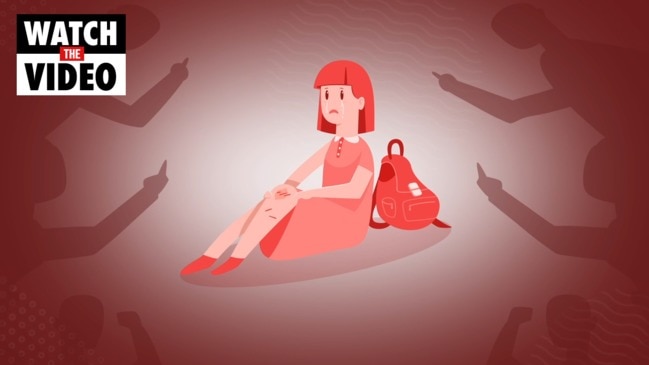
Coronavirus
Don't miss out on the headlines from Coronavirus. Followed categories will be added to My News.
Australian parents have been urged to look for signs that their children are being exposed to increased cyber-bullying as new figures show abusive online behaviours have skyrocketed since the COVID-19 lockdown began.
The federal government says the eSafety Commissioner reported a 50 per cent spike in cyber abuse and bullying cases since social-distancing and lockdown measures came in last month.
Cyber experts in the US says it is now imperative that parents step in and look for signs of bullying - because school teachers who are trained to know what to look out for are no longer in the frame.
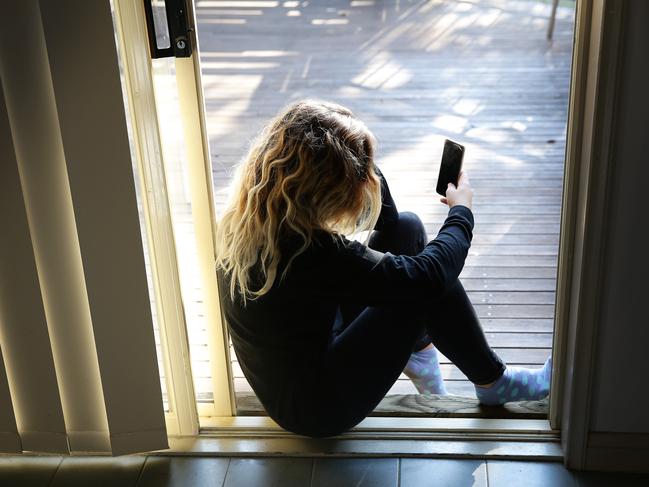
Professor Sameer Hinduja from the criminology and criminal justice department at Florida Atlantic University and co-director of the cyber-bullying Research Center said it was up to parents to ensure their children were coping with the new challenges they faced.
“When smartphones and social media became ubiquitous for students, cyber-bullying rates went up. This makes sense, of course, because there was now an almost limitless number of potential targets and aggressors,” Prof Hiduja said.

“During this unprecedented time when children are all stuck at home, those same students will be using apps even more than they already do with them being forced to use online platforms for learning, regardless of their level of comfort or proficiency.
“It is also very possible that xenophobic or racist cyber-bullying may go up. Some continue to call COVID-19 a ‘foreign virus,’ and parents have complained that their children are being accused of being carriers because they are Asian. I am Asian and have dealt with my share of bullying based on race or ethnicity, and so I am particularly sensitive to this issue and simply do not want to see it spiral out of control.”
The Australian reports that the eSafety Commissioner has found a significant rise in complaints of adults abusing each other online, which sit alongside increased reports of cyber bullying of children, up 21 per cent, and image-based abuse, up 86 per cent.
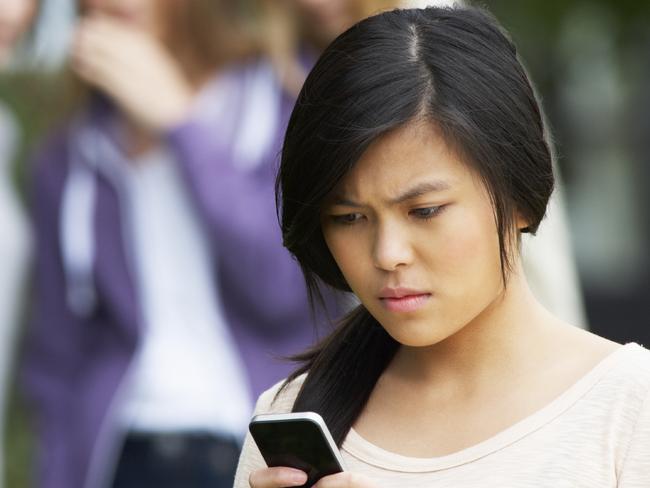
Behind the numbers are some disturbing cases, including reports of online pile-ons against people being shamed and harassed for allegedly being caught on video breaching coronavirus social-distancing rules, with no context to the footage.
Another significant concern is reports of children attending school at home via online platforms such as Zoom being bullied by other students about their living conditions, which are revealed in the background of the video stream.
“On social media people can pile on very quickly without necessarily thinking about whether it’s fair or appropriate to do so,” Communications Minister Paul Fletcher said.
“While we don’t have any formal legal structure there at the moment, we are working on that and there will be an adult cyber abuse scheme as part of the new online safety act the Morrison government has committed to introduce (to parliament).”
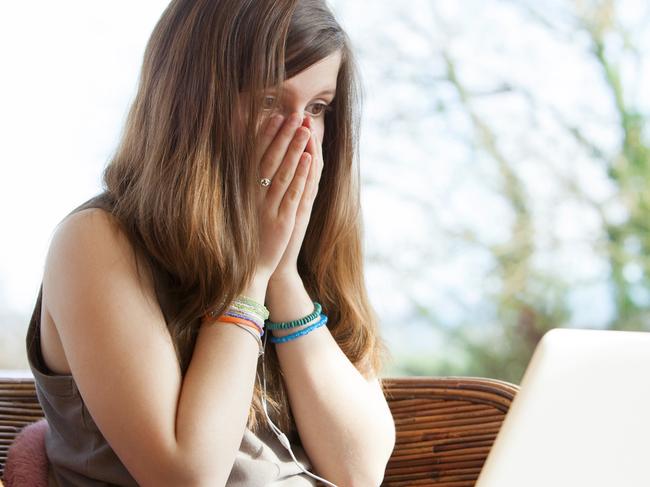
Mr Fletcher also said the current restrictions on movement brought about as a result of COVID-19 offered an ideal opportunity for parents to reset safety expectations around their children’s online behaviour.
“We suggest spending some time with your child, looking at what they are looking at online. Have the conversation about what’s appropriate and what’s not,” he said.
“And change the privacy settings on your child’s devices to the highest possible setting, because factory default settings are generally not at the highest level.”
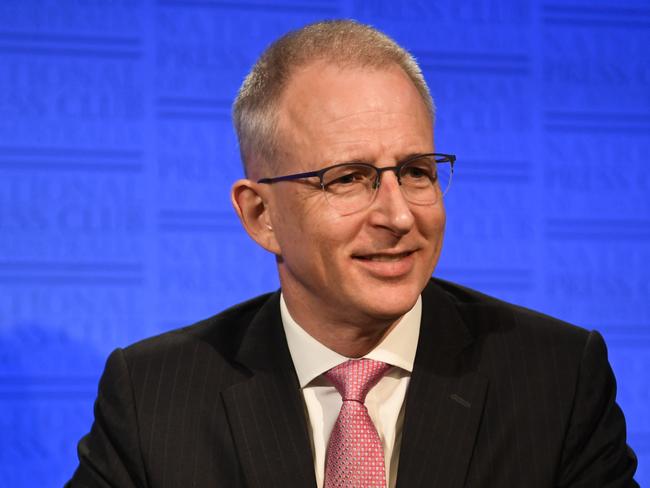
Meanwhile the Mental Health Association of New York State said feelings of loneliness, lack of mental health counselling and mentoring from teachers are all likely to lead to an increase in cyber-bullying.
One of the challenges of recognising cyber-bullying as children and teens struggle to adjust to a new normal is determining if changes in mood or behaviour are due to inability to be with friends or cyber-bullying.
The best thing parents and caregivers can do is maintain open communication, says Director of School Mental Health Resource & Training Center, Amy Molloy. She also says statistics indicate children and teens who experienced bullying in the past are more likely to be cyberbullied.
LGBTQ students are almost three times more likely to be cyberbullied, Dr Molloy says.
SIGNS OF CYBERBULLYING IN CHILDREN AND TEENS
These are some of the signs to look for in your children to see if they are being cyber-bullied:
* Changes in sleep pattern
* Aggressiveness
* Changes in mood
* Becoming withdrawn
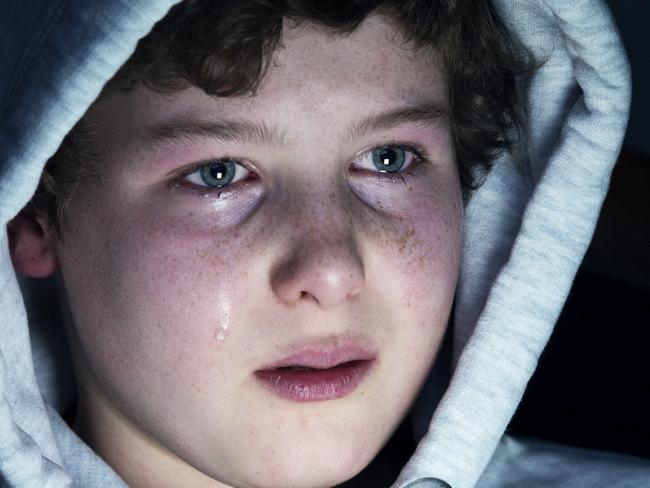
In many cases, platforms like Facebook offer resources for parents worried about bullying, says Dr Molloy.
